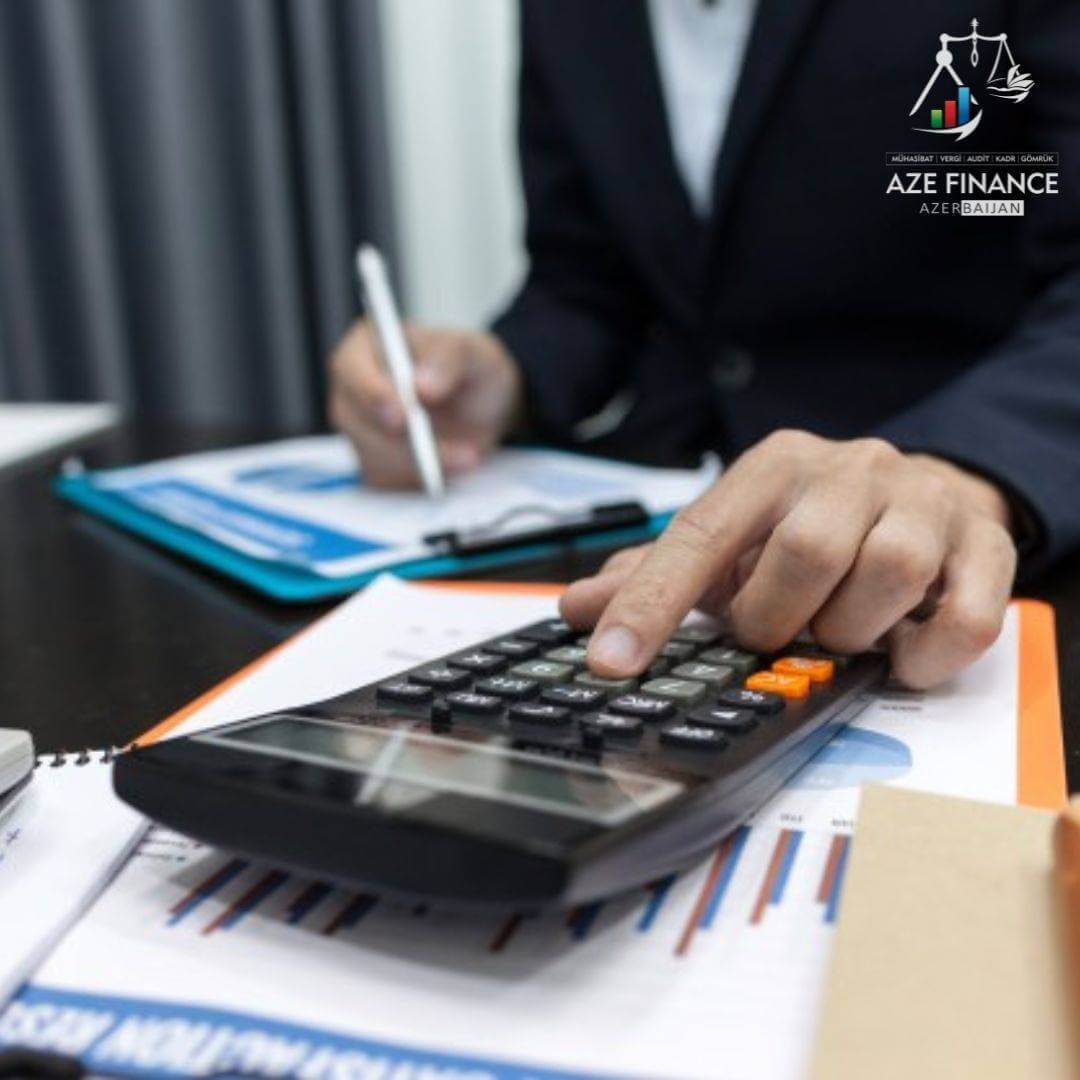If a taxpayer who has suspended their activity resumes operations, how should they submit the tax declaration?
If a taxpayer who has suspended their activity resumes operations, how should they submit the tax declaration?

The topic is commented on by expert Anar Bayramov. If a taxpayer temporarily suspends their activity in the middle of the year, then according to Article 149.3 of the Tax Code, they must submit the profit (income) tax return within 30 days. However, in practice, we sometimes encounter situations where a taxpayer, despite suspending activity on, for example, 31 August 2024, believes that the deadline for submitting the profit tax return for that year is 31 March 2025 and therefore fails to submit the return. During the period in which the taxpayer waits for the 31 March 2025 deadline, the tax authority assesses the profit tax through a desk audit.
Previously in practice, when a taxpayer suspended activity mid-year, they would submit a profit tax return for that year in accordance with Article 149.3 of the Tax Code, reflecting income earned from the beginning of the year until the date of suspension, as well as expenses related to that income. The profit tax liability for that period would be paid, and the tax return would be approved by the tax authority. After some time, the taxpayer would resume activity. However, after resuming activity, the taxpayer would fail to report income earned from the date of resumption to the end of the year and would not submit an amended tax return. Since the previously submitted tax return had already been approved by the tax authority and, according to Article 37.2 of the Tax Code, a desk audit could not be conducted again for that period, the taxpayer would not declare the income earned after resumption and effectively evade taxes.
Example: Suppose a taxpayer temporarily suspends activity on 30 June 2024. From the beginning of the year until that date, the enterprise earned AZN 800,000 in revenue and incurred AZN 200,000 in related expenses. Due to the suspension, a current profit tax return is submitted within 30 days, and the taxpayer pays AZN 120,000 profit tax on the AZN 600,000 profit. The enterprise resumes operations on 1 September 2024 and earns AZN 100,000 in income between 1 September and 31 December 2024. However, the enterprise does not declare this income or pay tax on it.
Starting from 2024, according to the amendment to the Tax Code, if a taxpayer temporarily suspends activity mid-year and submits a profit tax return for the period up to the suspension date, and later resumes activity in the same year, they must submit an amended profit tax return no later than 31 March of the following year.
In the example above, the enterprise must submit an amended profit tax return and report the total AZN 900,000 income earned during the year and the AZN 200,000 in related expenses, and pay profit tax on the AZN 700,000 profit.
Otherwise, the tax will be assessed by the tax authority through a desk audit.

The topic is commented on by expert Anar Bayramov. If a taxpayer temporarily suspends their activity in the middle of the year, then according to Article 149.3 of the Tax Code, they must submit the profit (income) tax return within 30 days. However, in practice, we sometimes encounter situations where a taxpayer, despite suspending activity on, for example, 31 August 2024, believes that the deadline for submitting the profit tax return for that year is 31 March 2025 and therefore fails to submit the return. During the period in which the taxpayer waits for the 31 March 2025 deadline, the tax authority assesses the profit tax through a desk audit.
Previously in practice, when a taxpayer suspended activity mid-year, they would submit a profit tax return for that year in accordance with Article 149.3 of the Tax Code, reflecting income earned from the beginning of the year until the date of suspension, as well as expenses related to that income. The profit tax liability for that period would be paid, and the tax return would be approved by the tax authority. After some time, the taxpayer would resume activity. However, after resuming activity, the taxpayer would fail to report income earned from the date of resumption to the end of the year and would not submit an amended tax return. Since the previously submitted tax return had already been approved by the tax authority and, according to Article 37.2 of the Tax Code, a desk audit could not be conducted again for that period, the taxpayer would not declare the income earned after resumption and effectively evade taxes.
Example: Suppose a taxpayer temporarily suspends activity on 30 June 2024. From the beginning of the year until that date, the enterprise earned AZN 800,000 in revenue and incurred AZN 200,000 in related expenses. Due to the suspension, a current profit tax return is submitted within 30 days, and the taxpayer pays AZN 120,000 profit tax on the AZN 600,000 profit. The enterprise resumes operations on 1 September 2024 and earns AZN 100,000 in income between 1 September and 31 December 2024. However, the enterprise does not declare this income or pay tax on it.
Starting from 2024, according to the amendment to the Tax Code, if a taxpayer temporarily suspends activity mid-year and submits a profit tax return for the period up to the suspension date, and later resumes activity in the same year, they must submit an amended profit tax return no later than 31 March of the following year.
In the example above, the enterprise must submit an amended profit tax return and report the total AZN 900,000 income earned during the year and the AZN 200,000 in related expenses, and pay profit tax on the AZN 700,000 profit.
Otherwise, the tax will be assessed by the tax authority through a desk audit.


